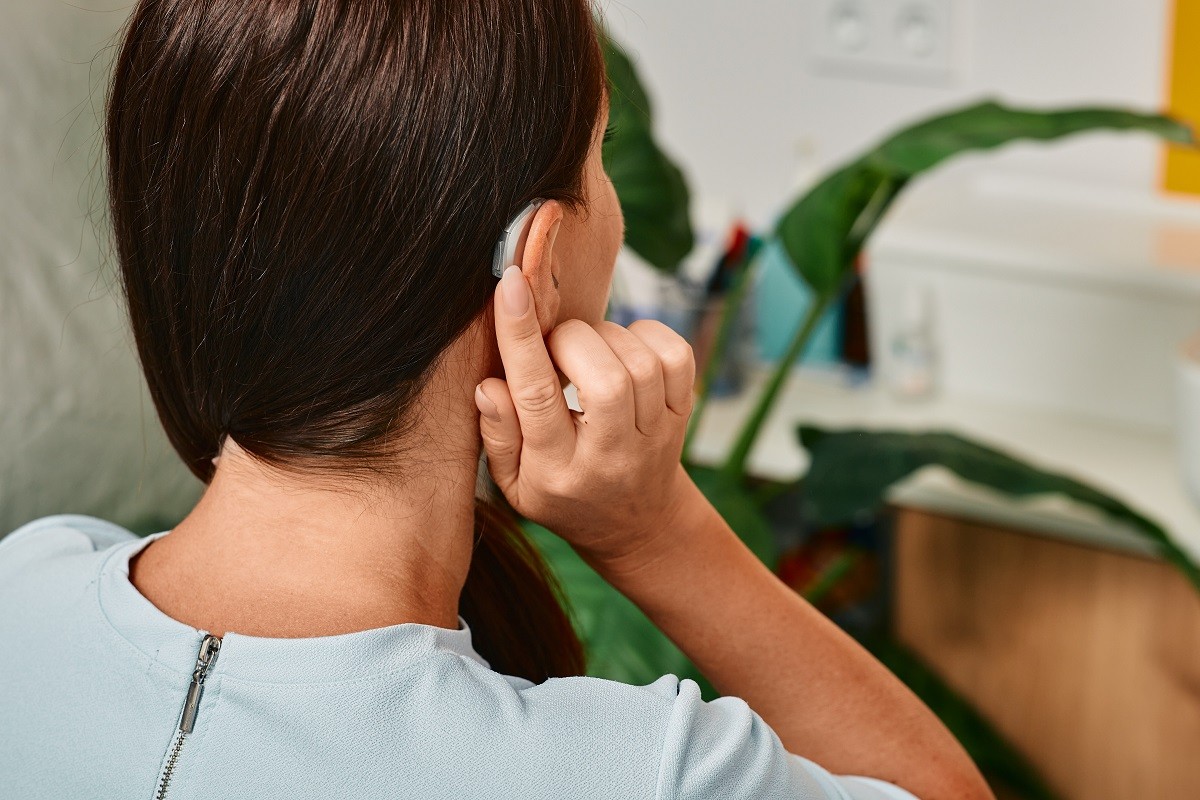
Hearing Aids Can Help Improve Your Sense of Balance
Most people walk through their day without giving a second thought to what keeps us balanced and ideally that’s how it should be! It’s not until you struggle to stay upright that you may wonder what it is that keeps us upright. Well, the answer is it’s a combination of a lot of different systems of our body, from our eyes that give us a point of reference, our joints bones, and muscles which are constantly shifting, and our brain which controls it all. However, many may be surprised to discover that our ears play a big role in our balance as well. Our hearing and balance systems both are housed in the inner ear, often meaning that a problem in one system ultimately affects the other. The good news is that hearing aids can make a big difference.
Understanding How We Hear
We collect sound with our ears but hearing, listening, speech comprehension and the identification of sounds occur in the brain. When sounds enter our ears they are sent to our brain via tiny hair-like cells called stereocilia. Stereocilia are housed in the very tiny snail-shaped organ called the cochlea, which is filled with fluid. As audio waves arrive at the cochlea it moves the fluid which in turn triggers the stereocilia to transform the vibrations into electrical impulses sent to the brain.
Understanding the Vestibular System
The vestibular system is a sensory system that creates the sense of balance and spatial orientation for the purpose of coordinating movement with balance. Together with the cochlea, the auditory system makes up the labyrinth of the inner ear. The vestibular system is a fluid filled maze of bone and tissue leading to semicircular canals. As the fluid moves with the change in position of our head, tiny hair cells detect a different type of movement: one detects up/down movement; one detects side-to-side movement; and one senses tilting movement. As the plane of our head shifts it sends this information to our brain which it uses as vital information to keep us balanced.
How Hearing and Balance are Connected
Because both systems share the same area of the skull leading to the brain, it’s common sense that the two are very interdependent. In fact, it’s not just the semicircular canals that help you keep your balance—you actually also use sound signals to orient you in space. We use our hearing to follow conversations and respond, making it an essential aspect of communication and socialization, but it also is key in the localization of sound. We achieve this with the use of two ears. When sounds arrive from the right side, our right ear picks it up and when they arrive from the left our left ear picks it up first and communicates this with our brain. When hearing loss occurs in one ear more severely than the other, this can affect our awareness of space. We may struggle to identify the direction of a sound accurately or our reaction time may be reduced, making driving, or walking a hazard. In fact even a moderate hearing loss doubles the risk of falls and accidents leading to hospitalizations. Meanwhile a severe hearing loss triples the risk!
Studies on the Effects of Balance and Hearing
Research shows that while hearing loss is irreversible, using hearing aids to treat the issue not only improves communication but may improve balance as well! According to research out of the Washington University School of Medicine a recent study examined the impact of hearing loss on balance. By collecting data from 14 participants ages 65 to 91 the researchers tested balance performance with hearing aids on and off. The study found that across the board, the participants balanced much better when their hearing aids were on.
Senior author Timothy E. Hullar, professor of otolaryngology, explained, “The participants appeared to be using the sound information coming through their hearing aids as auditory reference points or landmarks to help maintain balance.” Professor Hullar continues, “This study suggests that opening your ears also gives you information about balance,”
Investing in Your Hearing Health
If you’ve been struggling with balance or hearing, addressing a hearing loss may help. Don’t hesitate to address it right away by scheduling a hearing exam with us now.
